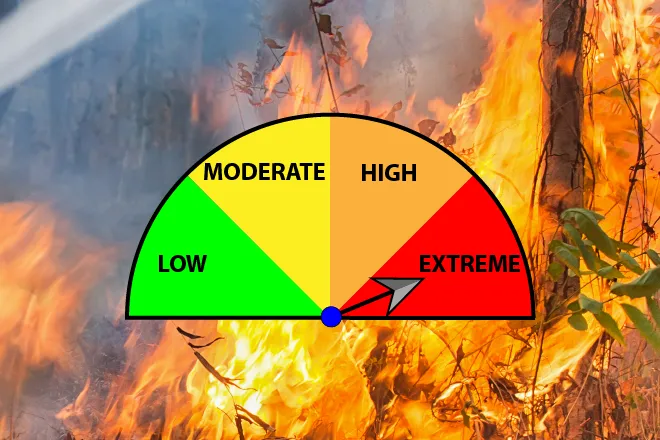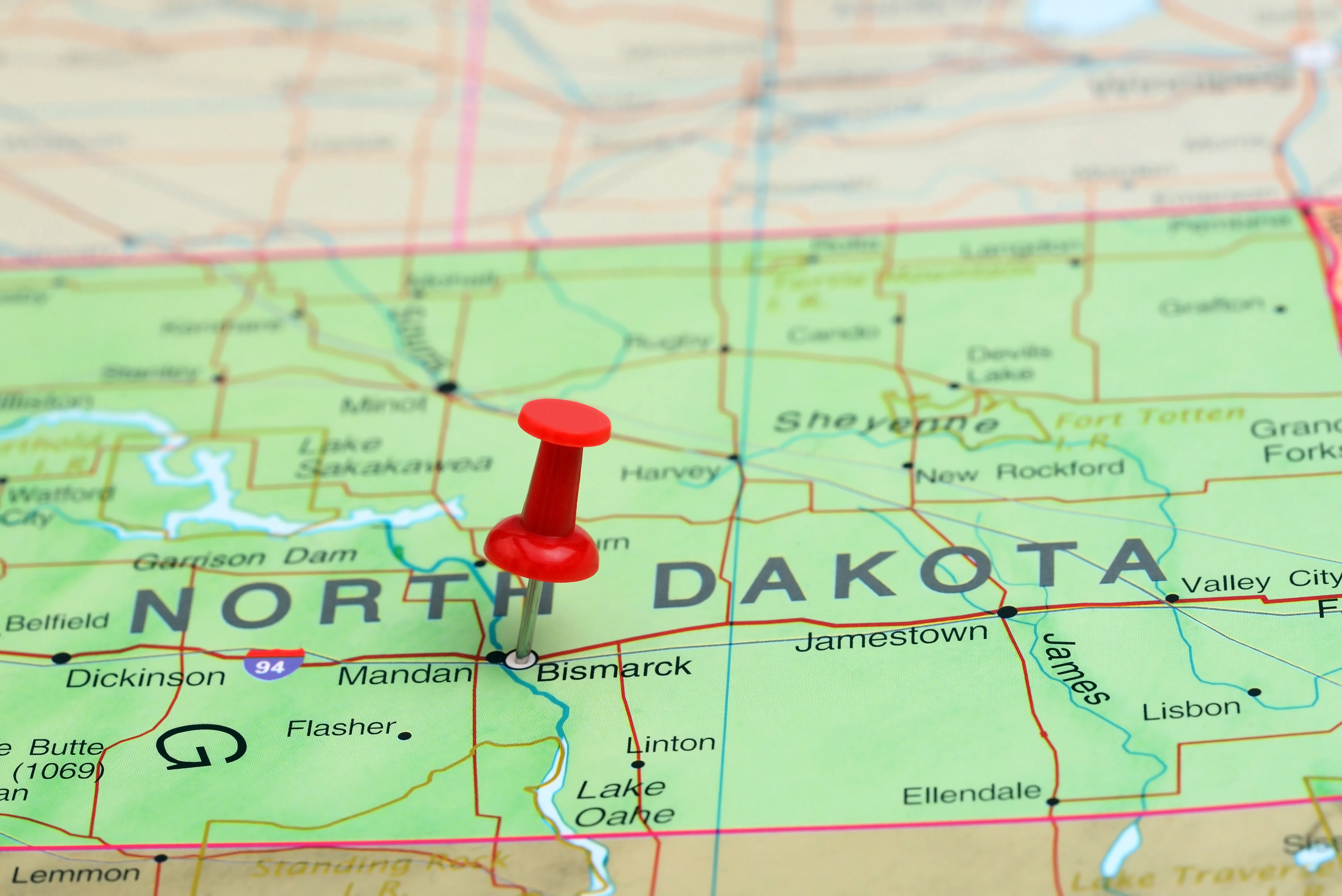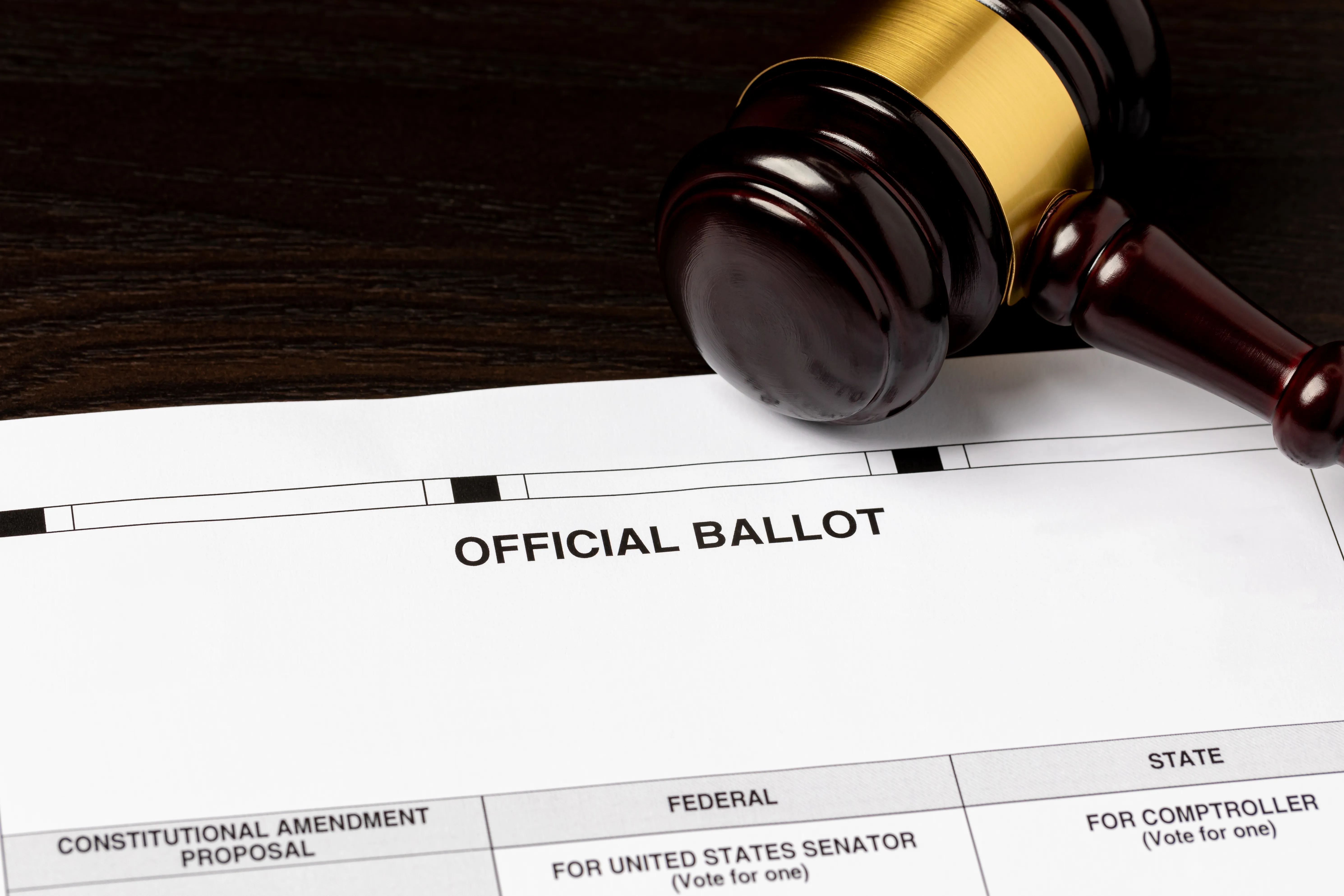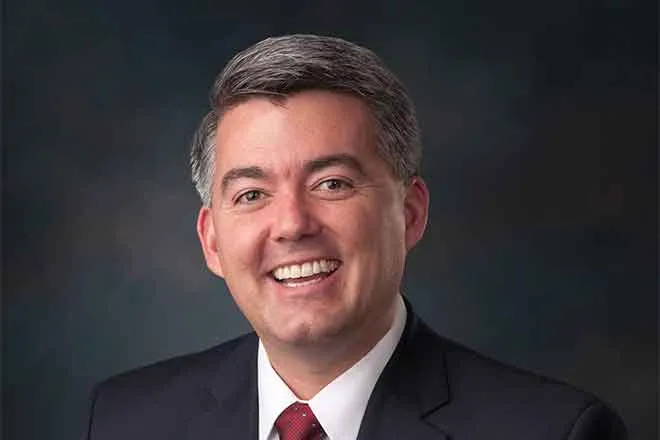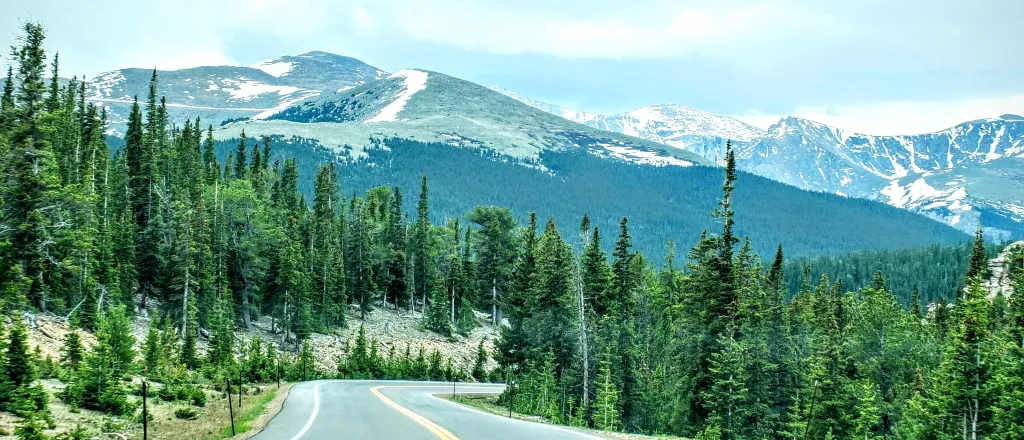
Utah senator drops national forests from proposed public land sale
Utah Republican Senator Mike Lee is scaling back his controversial proposal to sell off public land around the West.
According to a new version of the bill obtained Wednesday by Politico, Lee still intends on selling off parcels of public land — but there are several new guardrails in place, after the original proposal received widespread backlash and was deemed in violation of Senate rules by the body’s parliamentarian.
Notably, U.S. Forest Service land is no longer eligible for sale, and the bill language states that only Bureau of Land Management, or BLM, land will be disposed of.
The BLM will be required to dispose of between 0.25 percent to 0.5 percent of its land — previously the requirement was for 0.5 percent to 0.75 percent of land. And the bill states only parcels within five miles of the “border of a population center” will be eligible.
That means the BLM would be required to sell between 612,500 to 1.225 million acres in 11 Western states — Alaska, Arizona, California, Colorado, Idaho, Nevada, New Mexico, Oregon, Utah, Washington and Wyoming. Montana remains exempt.
Here are other major takeaways from Lee’s latest proposal:
- Nominating a parcel for sale would require a description of how development of the land would “address local housing needs (including housing supply and affordability) or any infrastructure and amenities to support local needs associated with housing.”
- The bill also states that any land that’s sold “shall be used solely for the development of housing or to address any infrastructure and amenities to support local needs associated with housing.”
- The secretary of the U.S. Department of the Interior must consult the governor of the state where the land is located, and any local governments or tribes, “regarding the suitability of the area for residential development.”
- Land that’s nominated by state or local governments that is adjacent to “developed areas,” has access to existing infrastructure and is “suitable for residential housing” would be prioritized.
- Sales that reduce “checkerboard” landscapes — the result of railroad grants in the 1800s that left small plots of private land scattered within swaths of federal land and vice-versa — and federal land that’s isolated and difficult to manage would also be prioritized.
- The land would be disposed of by “competitive sale, auction, or other methods” to ensure it’s sold at fair market value.
- Land that has a grazing permit or “valid existing right,” which includes an oil and gas lease or mining claim, is exempt.
- According to the bill, 5 percent of the proceeds from any sale will go toward local governments.
- An additional 10 percent of proceeds will go toward “hunting, fishing, and recreational amenities” and the deferred maintenance backlog for BLM land in the state where the land is sold.
- The bill allocates $5 million to hire appraisers, solicit nominations for land sale and other related duties.
- Anything “federally protected” is excluded — that includes a national monument, park, conservation area, wilderness preserve, seashore, historic site, memorial, historic park or recreation area.
- The bill expires in 2034.
Lee’s original proposal received widespread criticism from Democrat and Republican politicians, as well as environmental, veteran, hunting and fishing groups.
It would have required the U.S. Forest Service and BLM to sell between 2.2 million to 3.3 million acres in the West, and the bill’s definitions meant that more than 258 million acres would be eligible for sale, including 18.7 million acres in Utah.
But Monday, Senate Parliamentarian Elizabeth MacDonough said Lee’s proposal violated Senate reconciliation rules, meaning it would require more than a simple majority to pass. That same day, Lee signaled he would make changes to the bill.
“I’m still listening,” he wrote on social media Tuesday. “I’m working closely with the Trump administration to ensure that any federal land sales serve the American people — not foreign governments, not the Chinese Communist Party, and not massive corporations looking to pad their portfolios. This land must go to American families. Period.”
But environmental and public land advocacy groups are still doubtful. The group Center for Western Priorities identified a number of recreation spots that would still be eligible for sale under Lee’s proposal — among them are the Sand Flats Recreation Area, the Portal Trail, parts of Poison Spider Mesa, Millcreek Canyon and the Moab Rim Trail, all located near Moab.
“ Senator Lee’s legislation is still the largest sell-off of public lands in U.S. history,” said Laiken Jordahl with the Center for Biological Diversity, in a statement Wednesday. “It still leaves millions of acres of cherished public lands at risk of being lost forever to the ultra rich and destructive sprawl developments, including near Arches and Zion national parks. It’s still overwhelmingly out of step with the values of Americans everywhere.”

